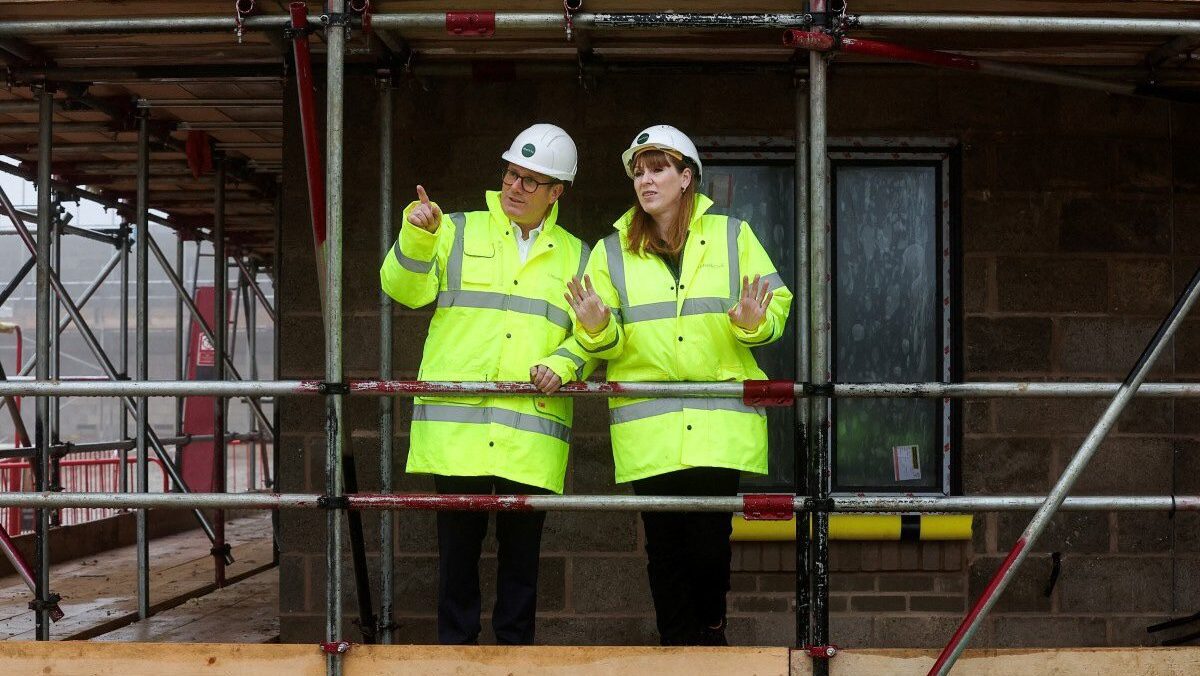
Labour pretends that its “major programme of devolution” is about putting powers “into the hands of local people,” when really it is a concerted effort to remove move powers from Parliament—that is, out of the hands of the British public.
News this week that the government may postpone—or even cancel—some local elections next year while it rams through its devolution plans is further evidence of this well-concealed scheme.
All 21 county councils in England are up for election on May 1st next year. Local officials have been given just over three weeks to say if they want these to be delayed due to authorities merging or being disbanded, according to the Local Government Chronicle.
The move has received heavy national criticism, particularly from Reform UK. Leader Nigel Farage pointed out that local elections are likely to be cancelled “in some areas of the country where Reform are gaining momentum,” describing this as “the act of a desperate government.”
Cancelling elections in some areas of the country where Reform are gaining momentum is the act of a desperate government.
— Nigel Farage MP (@Nigel_Farage) December 16, 2024
They have the audacity to call us a “threat to democracy” whilst they act like third world dictators.
Cowards.
— Lee Anderson MP (@LeeAndersonMP_) December 16, 2024
When they can't beat you at the ballot box they take the ballot box away.
This is not some South American military regime.
This is @UKLabour https://t.co/PcIeqYQ3zb
He also highlighted the irony of senior Labour figure Harriet Harman labelling Reform as a “threat to democracy,” saying that government figures were acting “like third world dictators.”
Politics professor Matthew Goodwin taunted: “What is this—North Korea?”
What’s more, deputy prime minister Angela Rayner—who is playing a significant role in this removal of power from Parliament—has made it clear that local leaders have no choice when it comes to devolution.
Those who don’t wish to move to a new model “will be forced into one,” reported Politico after Rayner said she would “knock heads together and create strategic authorities where local leaders cannot agree.” As journalist Mick Hume previously told The European Conservative, “taking power away from Parliament” really means “less ‘power to the people!’”
Given Prime Minister Keir Starmer’s huge unpopularity, it is quite easy to understand why Labour finds such a path so appealing.
New @IpsosUK Keir Starmer net satisfaction (-34) worst of any PM after 5 months in Ipsos history.
— Keiran Pedley (@keiranpedley) December 16, 2024
Keir Starmer
Satisfied 27%
Dissatisfied 61%
Net = -34https://t.co/IB69pGAOto pic.twitter.com/Pj9q8BPQfy
